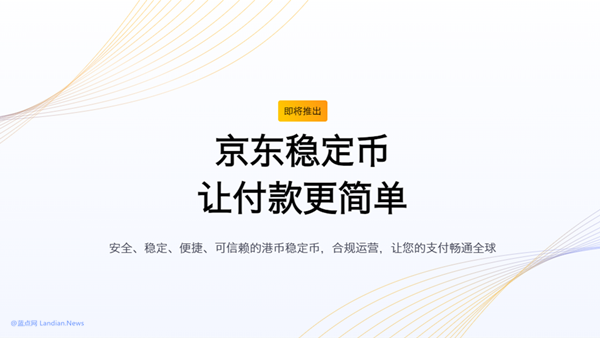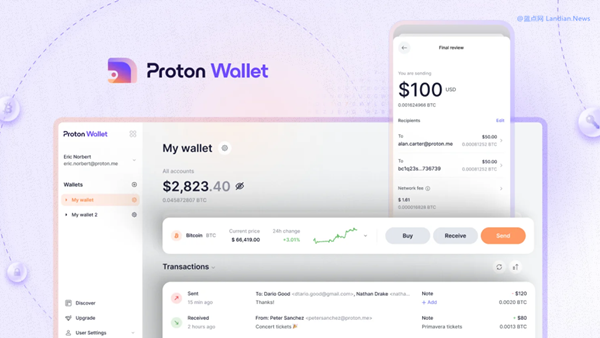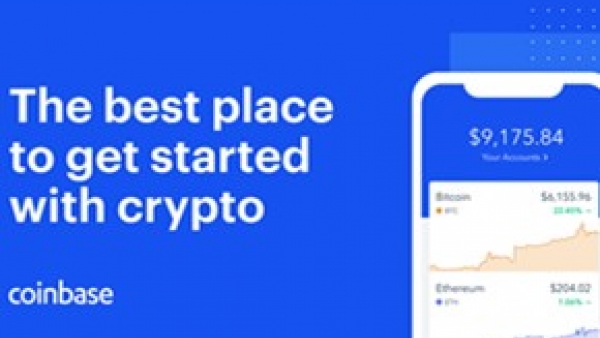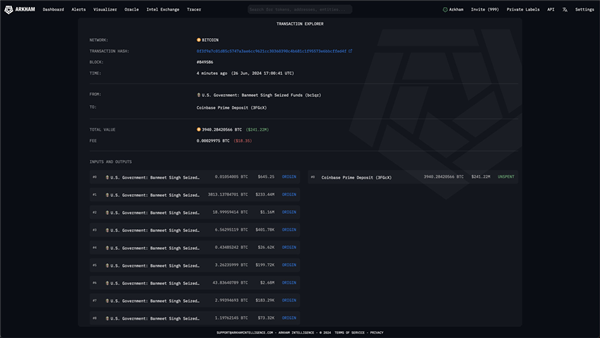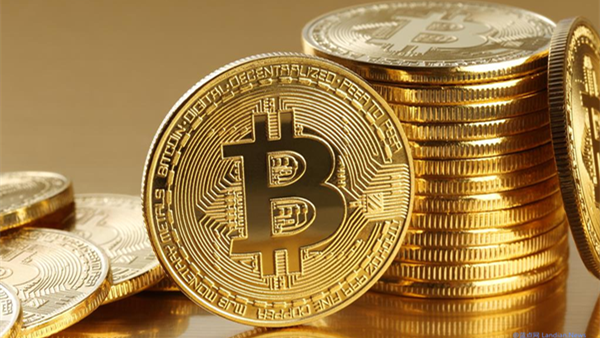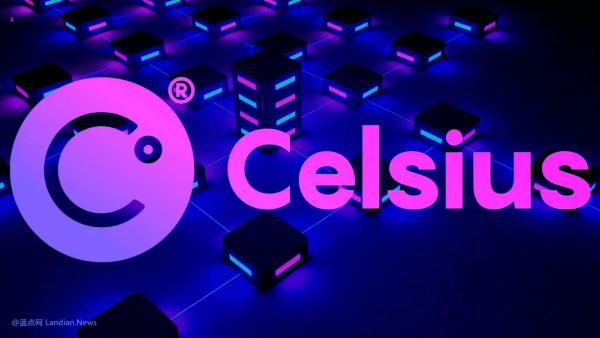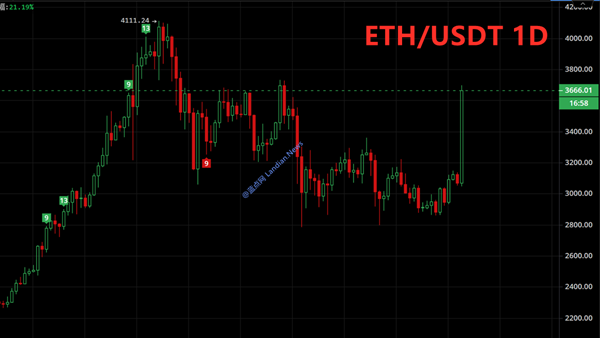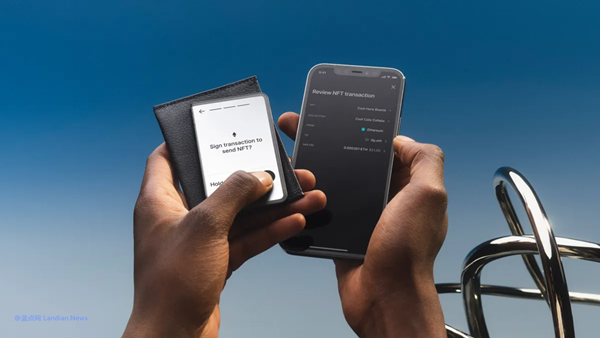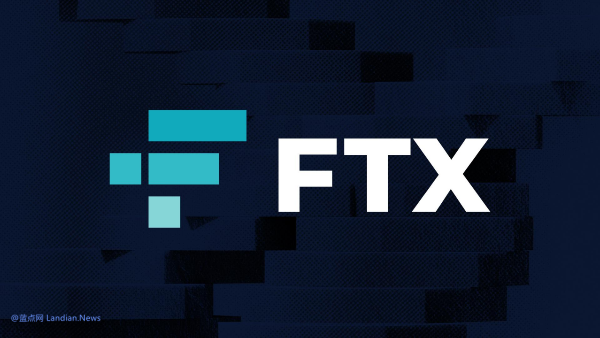Mt. Gox Users Start Receiving Their Stolen Bitcoins Back—Though Few, They're Now Worth Many Times More
In 2014, the Japanese cryptocurrency exchange Mt. Gox, fell victim to a hacker attack that led to the theft of approximately 744,400 bitcoins held by customers and an additional 100,000 bitcoins owned by the company itself. At the time, the price of Bitcoin was around 530, making the total value of the stolen bitcoins approximately 450 million.
Initially, Mt. Gox did not disclose that it had been hacked and that account assets had been stolen. Instead, they announced a need to review the cryptocurrency process, subsequently halting all transactions and eventually shutting down the website, making it impossible to access any content.
By 2018, the exchange filed for bankruptcy protection. Mark Karpeles, who acquired Mt. Gox in 2011 and became the de facto controller of the exchange, faced accusations of fraud and embezzlement in 2015. Internal documents revealed that Karpeles had discovered 200,000 bitcoins in a wallet that had not been attacked. He then divided these bitcoins into 100 wallets, following which Karpeles was imprisoned.
In 2019, Mt. Gox announced the recovery of 141,000 bitcoins. These bitcoins were entrusted to a bankruptcy court, which then appointed a trust company to oversee their distribution among creditors, marking the beginning of a complex repayment process.
According to the latest news from Wired, Mt. Gox must compensate its customers by October 31, 2024. However, compensation efforts have already begun, with affected customers receiving approximately 15% of their assets.
Despite the low percentage, the current price of Bitcoin is about 100 times what it was ten years ago. Therefore, most customers have not faced a loss in terms of real value. Some even feel fortunate to have used Mt. Gox, reasoning that if their bitcoins hadn't been stored there, they might have been spent long ago.
Notably, under the repayment program, customers can choose between receiving their compensation in Bitcoin or in U.S. dollars. For instance, a Polish user received a U.S. dollar check from the Mt. Gox bankruptcy liquidation committee. Once the check is issued, those bitcoins are no longer associated with them.
Many users have opted for compensation in Bitcoin. Some have provided Bitcoin deposit addresses associated with cryptocurrency exchanges, and blockchain data confirms that some bitcoins have already started to trickle into exchanges in small amounts.
More bitcoins are expected to gradually flow into exchanges and other wallets until the Mt. Gox compensation wallets are emptied, finally bringing closure to a decade-long saga of cryptocurrency exchange security breaches.

